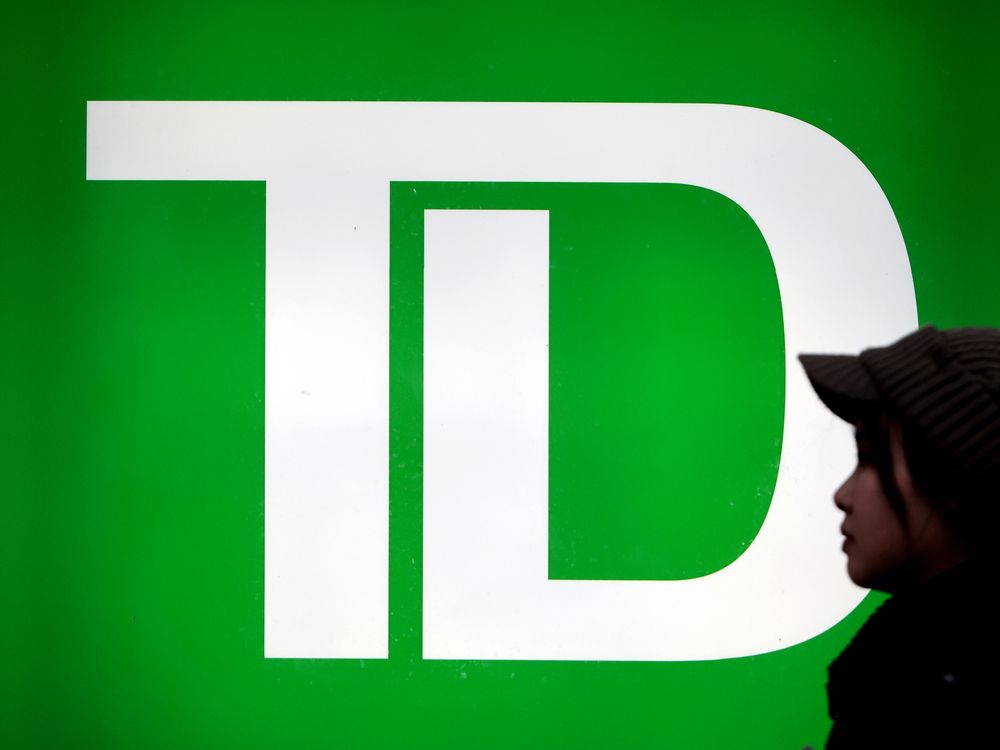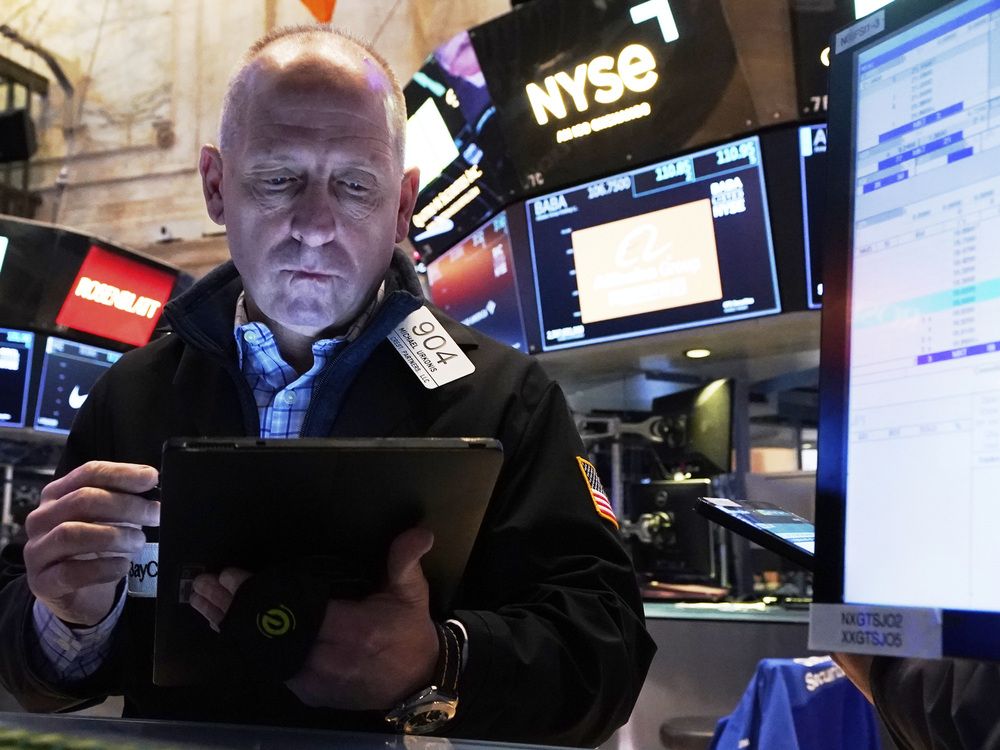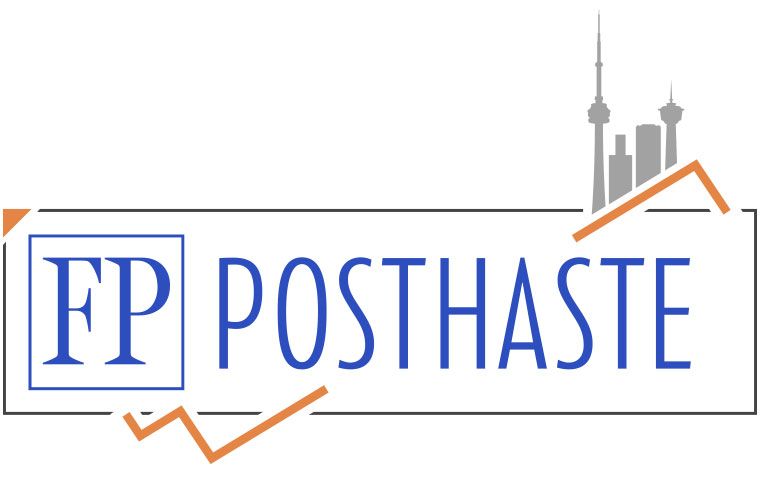Concerns about
Toronto-Dominion Bank’s
failure to prevent
money laundering
in the United States was a key topic at its annual general meeting on Thursday, with some shareholders questioning whether the bank had done enough to address the shortcomings that led to a US$3.1-billion fine by
U.S. regulators last year
.
This was TD’s first AGM since it became the first bank in U.S. history to plead guilty to conspiracy to commit money laundering last October. Some shareholders wondered whether TD can prevent a similar lapse in Canada and whether further cuts should be made to senior management’s already reduced salaries.
That led TD chair Alan MacGibbon, who will be stepping down by year-end, to apologize to shareholders.
“This really was … the darkest day that we could have imagined it to be, and I apologize (to) all investors for how difficult this was,” he said. “There have been many lessons learned and many practices implemented. And I, just again, apologize for the past.”
TD chief executive Raymond Chun also acknowledged the bank’s failures in its
anti-money-laundering
(AML) program and said they were “unacceptable.”
Chun, who replaced Bharat Masrani in February, said the bank is undergoing a series of changes as it goes through a “comprehensive plan” it recently developed.
Despite investors’ concerns, most voted in favour of TD’s view when it came to shareholder proposals.
For example, proposals raised to dismiss Masrani as the bank’s adviser and to hire someone from outside the bank to replace Chun as president were voted against by 90 per cent and 99 per cent, respectively, of participating shareholders.
TD has made several changes to rectify its AML program and to regain customers’ trust ever since it was
fined and ordered to cap the expansion
of its U.S. retail banking in October by the U.S. Department of Justice and other regulators for
failing to monitor money-laundering activities
at its branches.
The bank has hired several AML experts, reduced the pay of its senior team and changed its CEO, and is now going through a strategic review that will look for ways to reallocate capital, optimize costs, simplify its portfolio and invest in new technology that can support organic growth. The review is expected to be completed by the second half of the year.
As part of its review, TD sold its entire ownership stake in Charles Schwab Corp. to free up about $20 billion. The bank used $8 billion of that to repurchase up to 100 million shares and plans to use some of it to “drive organic growth” and further “deepen” relationships with its 14 million Canadian customers.
The lender also beat analysts’ expectations in its first-quarter results released in February after missing them for two consecutive quarters.
Chun on Thursday said the bank’s response to the AML saga has been decisive.
“We carefully examined the root causes and identified the gaps, behaviours and deficiencies that led to these failures,” he told shareholders. “We are making consistent progress every day, with more work ahead.”
Even so, some shareholders didn’t seem to be too happy with the responses provided by TD’s executives.
One shareholder said he had sent a letter to MacGibbon right after TD was fined in the U.S., asking how the board failed to track the fraudulent activities, but did not receive a response. Chun did not respond and asked for the next question.
The shareholder returned and said he felt like he had spoken to a “blank wall.” MacGibbon then apologized that no response was given and said that was a mistake.
Another shareholder said that while TD was fined billions of dollars, it couldn’t be a “justification for providing only water and birdseed to those present at the annual meeting.”
• Email: nkarim@postmedia.com
Bookmark our website and support our journalism: Don’t miss the business news you need to know — add financialpost.com to your bookmarks and sign up for our newsletters here.
Money-laundering questions continue to chase TD months after U.S. sanctions
2025-04-10 20:25:26





